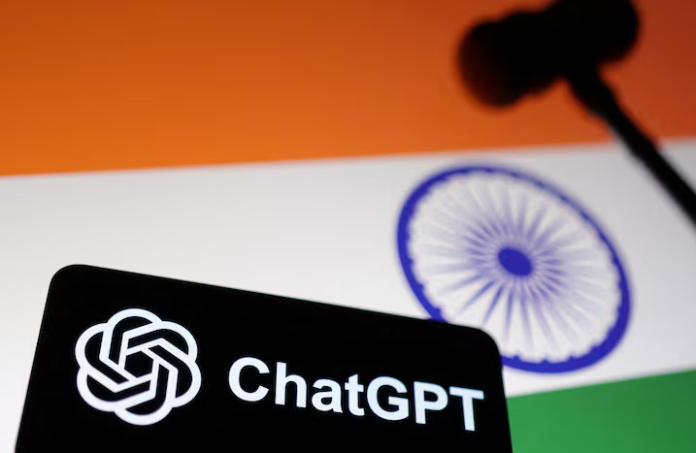In a landmark case, digital news outlets owned by Indian billionaires Mukesh Ambani and Gautam Adani have joined forces with major publishers, including The Indian Express and Hindustan Times, to challenge OpenAI over alleged copyright infringement. The case, filed in a New Delhi court, alleges that OpenAI’s ChatGPT unlawfully scrapes content from their websites, violating intellectual property rights.
The lawsuit marks a significant escalation in the global debate over how artificial intelligence tools source and utilize data. Notably, the Digital News Publishers Association (DNPA), which represents around 20 companies, is spearheading the legal challenge. Among its members are prominent players like Network18 (Ambani’s media house) and NDTV (owned by Adani). These organizations claim that OpenAI’s practices present a “clear and present danger” to their copyrighted material.
The Battle Over AI and Copyright
The 135-page court filing highlights concerns that OpenAI uses “willful scraping” to adapt and reproduce content without proper authorization. This mirrors a growing trend where creative industries—from authors to musicians—have taken AI developers to court, demanding stricter regulations and compensation for their work being used to train AI models.
In India, the legal dispute began when ANI, a leading news agency, sued OpenAI in 2024. Since then, the case has expanded to include global and Indian book publishers, making it one of the most closely watched legal battles involving AI.
A Broader Industry Concern
The DNPA and other plaintiffs argue that such practices undermine the financial sustainability of journalism, particularly in an era where media outlets are already grappling with shrinking ad revenues. While some publishers, like The Times of India, have opted not to join the legal action despite being DNPA members, others see this as a fight for the survival of ethical journalism.

OpenAI has consistently denied allegations of copyright infringement, maintaining that its AI tools rely on publicly available information and adhere to fair use principles. However, none of the media outlets involved in the case have issued public comments yet, nor has OpenAI responded to the latest filing.
A Global Precedent in the Making
This case isn’t just about India. Courts worldwide are hearing similar claims, with the outcome likely to shape the future of AI and its interaction with copyrighted content. If the New Delhi court rules against OpenAI, it could set a precedent that forces AI developers to rethink their data collection methods and pay licensing fees to content creators.
To stay updated on this evolving story and its implications for the tech and media industries, follow our blog for detailed analysis and expert opinions.



